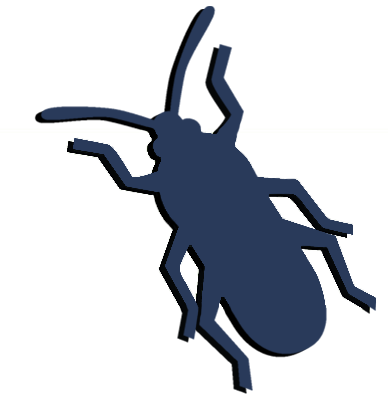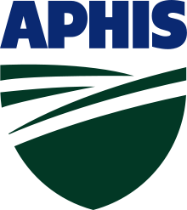
Protecting American agriculture is the basic charge of the U.S. Department of Agriculture's (USDA) Animal and Plant Health Inspection Service (APHIS). APHIS provides leadership in ensuring the health and care of animals and plants.
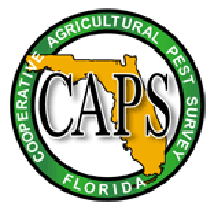
The Cooperative Agricultural Pest Survey Program (CAPS Program) is coordinated by USDA-APHIS and serves as a second line of defense against entry of harmful plant pests and weeds through surveys targeted at specific pests.
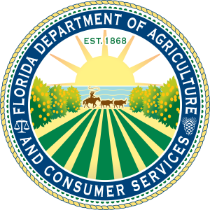
The Florida Department of Agriculture is responsible for the protection of Florida's vast plant industries and native plant life, as well as the public through the exclusion, detection, eradication and control of injurious plant pests and diseases.
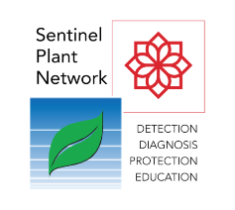
Sentinel Plant Network (SPN) was developed as a First Detector program specifically designed for botanical gardens. They provide workshops, online training, and access to NPDN labs for plant pest identification. This also helps in the fight against invasive species.
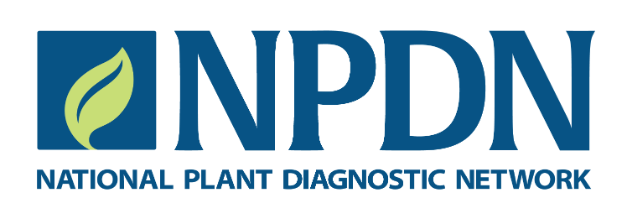
The National Plant Diagnostic Network is a consortium of plant diagnostic laboratories that work to identify pests and pathogens of concern and reports findings to appropriate responders and decision makers.
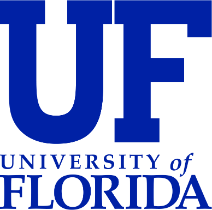
The University of Florida is a land grant university that works to fill the roll in between detection of invasive species and action taken against invasive pests through research. As part of the land grant university system, the university has an extensive cooperative extension system. The Cooperative Extension system takes the information from all the agencies and researchers involved and provides education to the public through local county extension offices (to audiences such as Master Gardeners and Master Naturalists as well as small farm producers).

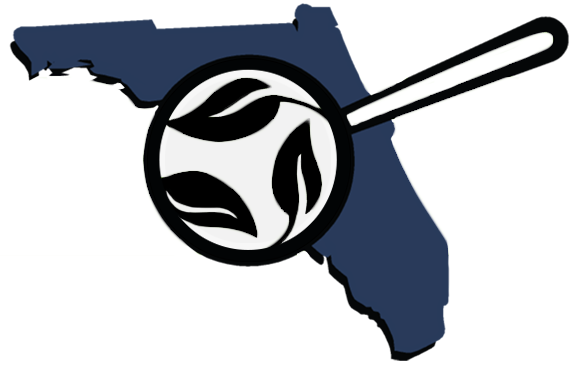 FLORIDA FIRST DETECTOR
FLORIDA FIRST DETECTOR